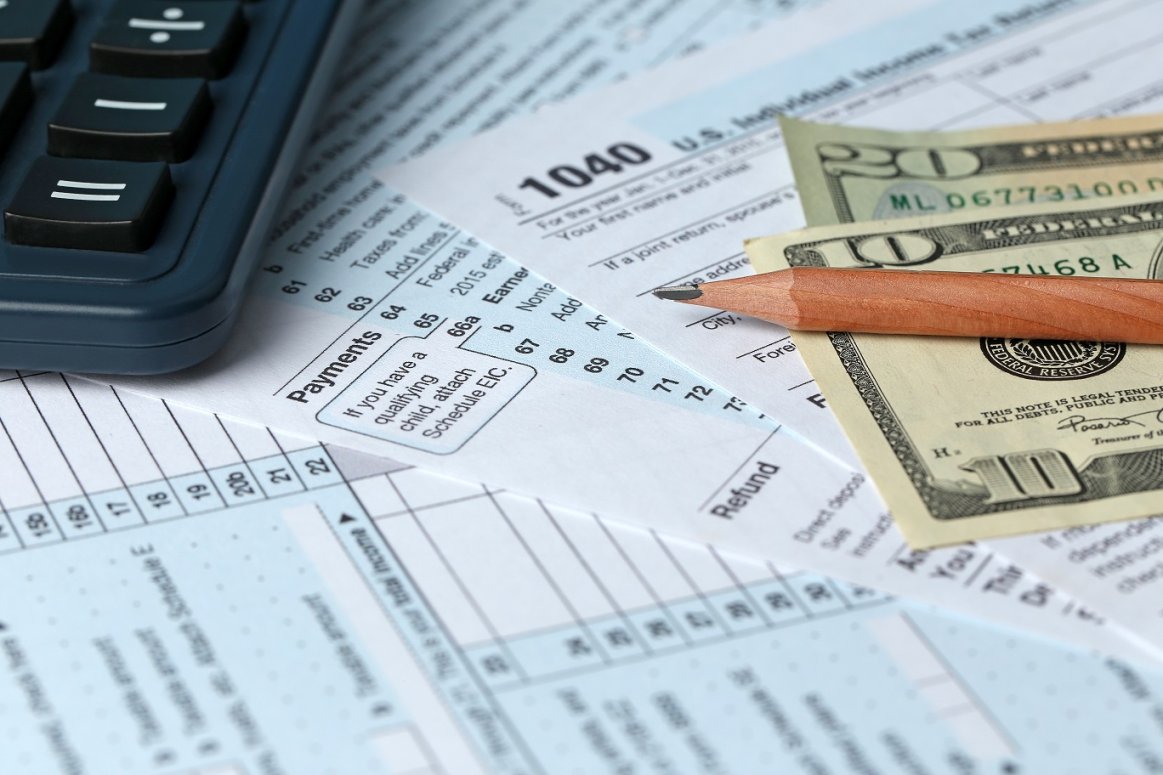
Corporate Tax Rate
One of the major components of the tax bill is the reduction of the corporate tax rate from 35% to 21%. A lower corporate tax rate could have several impacts on commercial solar finance and development. For one, corporations should have additional cash on hand to invest in solar as their tax liability decreases. Conversely, the 30% federal ITC is now less valuable to a firm paying a lower effective tax rate.
Another angle to consider is that a commercial solar system would decrease the utility expense for the business. Lower bills increase the profitability of the company. In this sense, a commercial solar system would stand to maximize the full potential of the lower tax rate.
Base Erosion Anti-Abuse Tax
Much of the attention of the US renewable energy market during the drafting of the new tax bill surrounded the Base Erosion Anti-Abuse Tax (BEAT). In short, BEAT is designed to target institutional investors that seek to lower their US tax liability via international transfers to their affiliated companies. The BEAT is applied if the cross-border transfers reduce a company’s US tax liability to less than 10% of its US taxable income.
One way companies can minimize their BEAT is through the purchase of solar investment tax credits. Despite the threat of major changes to BEAT in early drafts, ultimately, the final bill left BEAT largely unchanged with companies able to offset 80% of their BEAT burden with renewable production or investment tax credit. Although the final impact is not yet understood, it is possible that the largest PV projects in the US would have less availability to tax equity investments.
Bonus Depreciation
Another important component of commercial solar finance impacted by the new tax bill is bonus depreciation. Considered an expense, asset depreciation allows system owners to lower their income tax expense by reporting lower net income. Previously, owners could depreciate 50% of the system's value in the first year of operation with the remainder depreciated over the following 5.5 years.
Although bonus depreciation was scheduled to step-down in 2018, under the new tax bill the full 100% of the value of the system can be depreciated in year 1. In doing so, tax savings via depreciation is front-loaded to the first year of system operation.
Contact your Greentech Renewables Account Manager for assistance modeling the impact of these changes on your next commercial opportunity.